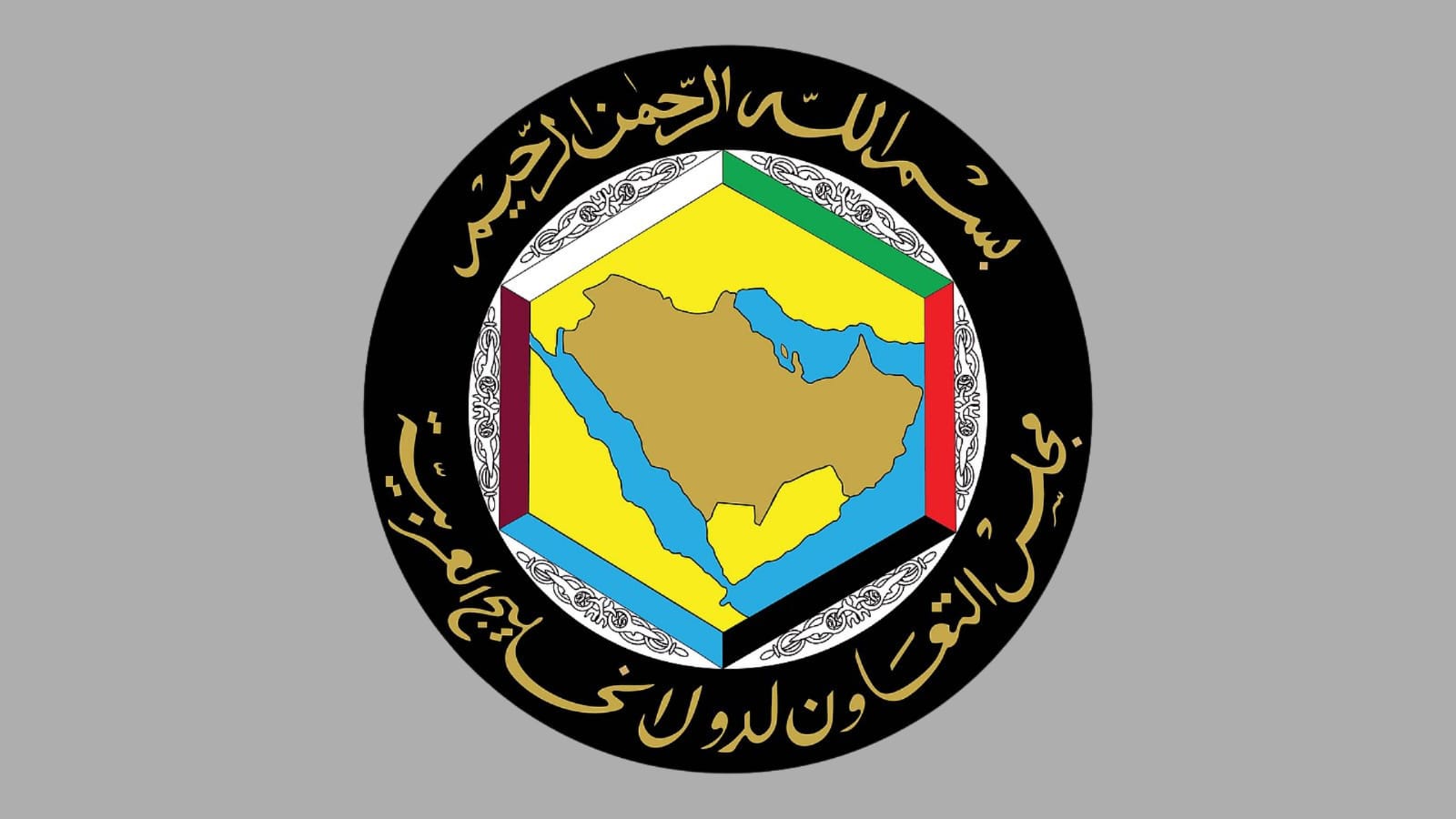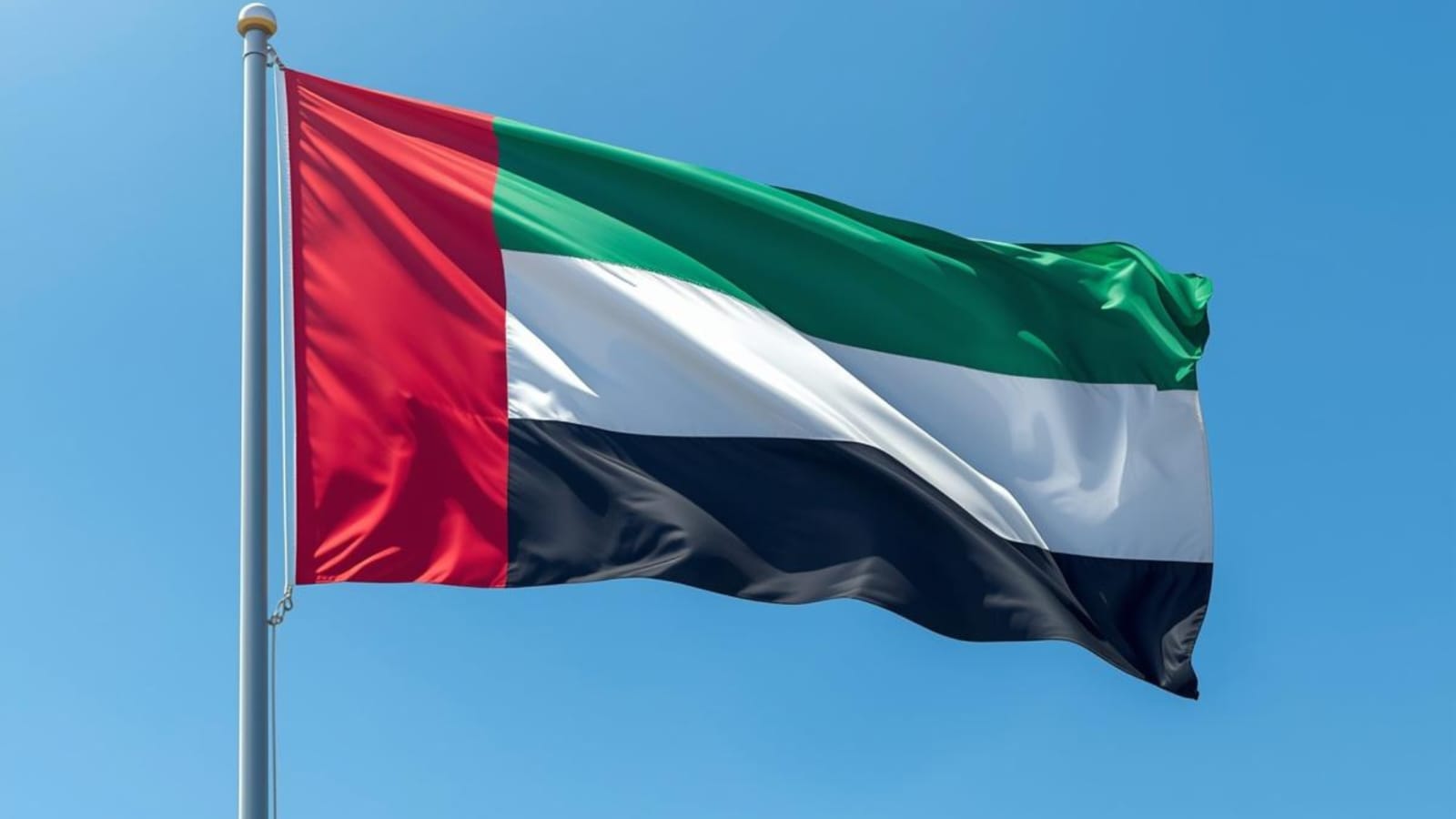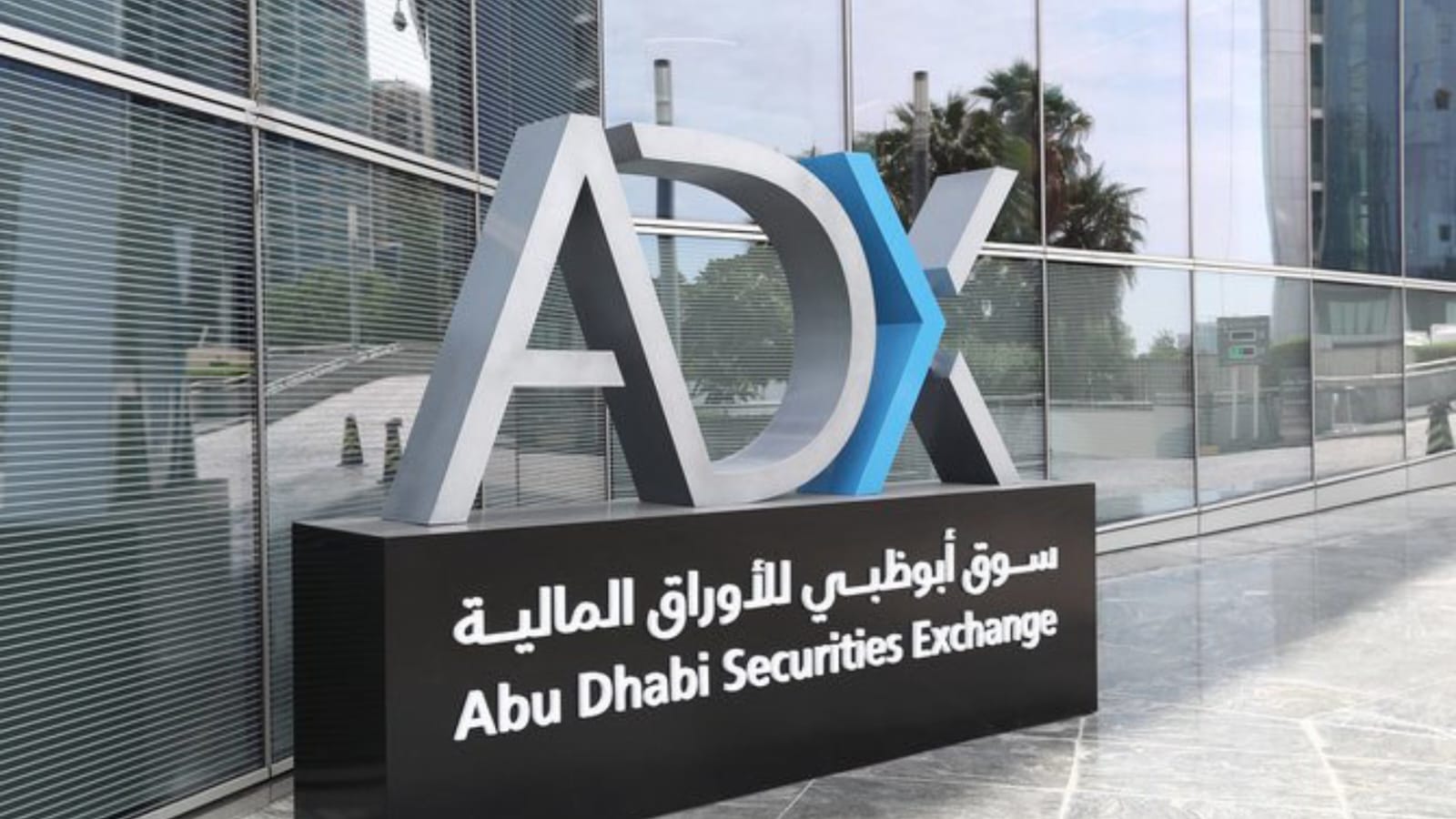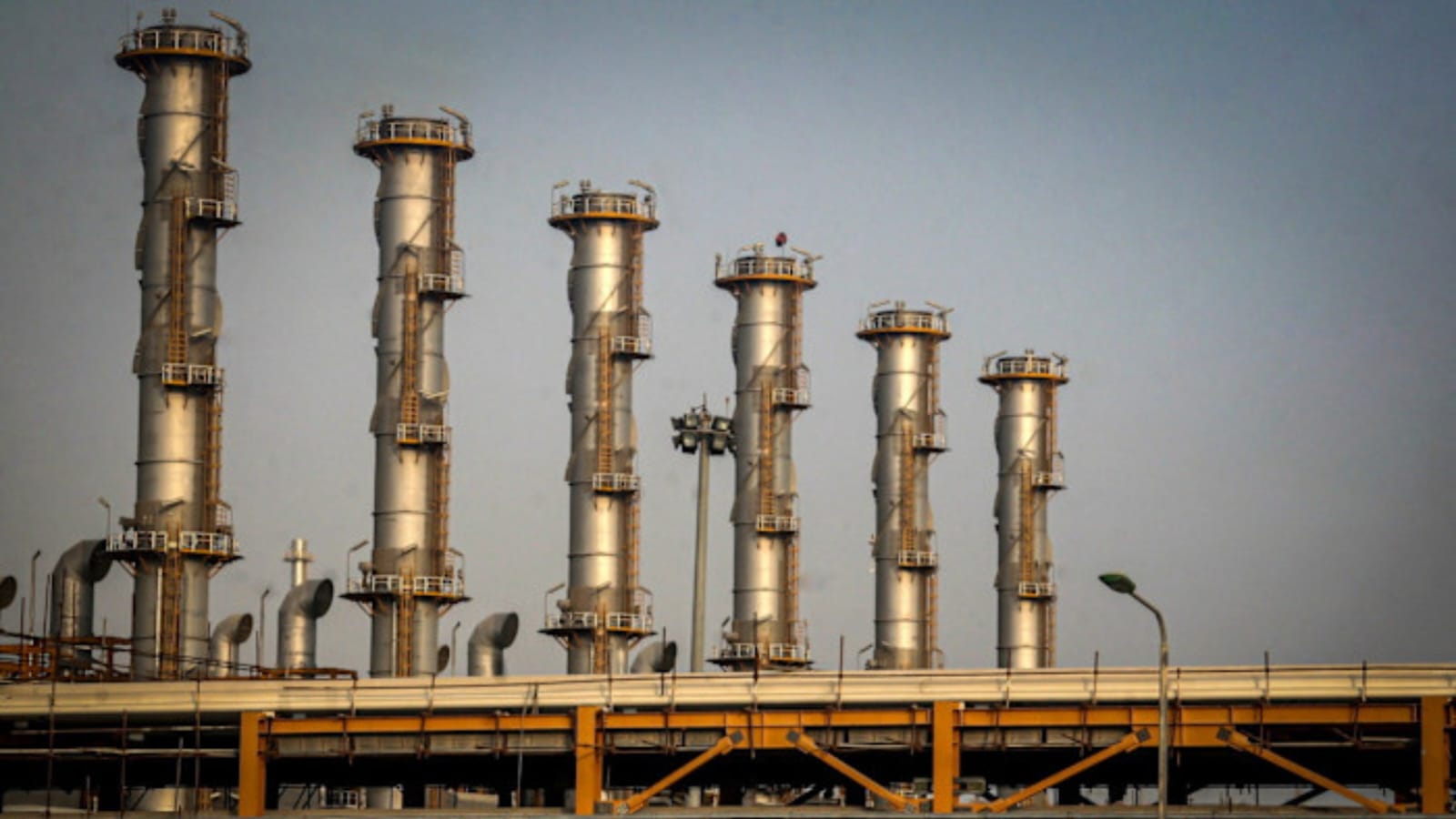Saudi Arabia and Qatar to Settle Syria’s $15 Million Debt

In a significant diplomatic and financial move, Saudi Arabia and Qatar have pledged to settle Syria’s outstanding debt of approximately $15 million to the World Bank. This decision, confirmed in a joint statement released by the Saudi Press Agency, represents a pivotal step in Syria’s gradual reintegration into the global financial community. Following the ousting of Bashar Al Assad, both Gulf states have worked closely with Syria’s new leadership to rebuild and strengthen the country’s ties with international institutions after over a decade of isolation. This development marks a hopeful beginning for Syria’s economic revival and could pave the way for broader reconstruction efforts.
A Joint Commitment to Syria’s Financial Recovery
Saudi Arabia and Qatar’s agreement to settle Syria’s World Bank debt has drawn attention for its importance in Syria’s return to the global economic stage. The decision was made public on Sunday, with both countries emphasizing the significance of this financial commitment in their respective statements.
According to the official announcement from the Saudi Press Agency, “The ministries of finance in the Kingdom of Saudi Arabia and the State of Qatar jointly announce their commitment to settle Syria’s outstanding arrears to the World Bank Group, totalling around $15 million.”
This announcement highlights the continued role that Saudi Arabia and Qatar have played in the diplomatic engagement with Syria’s new leadership. Their involvement is part of a broader effort to stabilize the region and support Syria’s transition toward post-conflict recovery.
Syria’s Long-Awaited Return to Global Financial Platforms
The timing of this announcement is notable, as it follows Syria’s attendance at the IMF and World Bank spring meetings, marking the first such participation by Syrian officials in more than 20 years. The central bank governor and finance minister of Syria took part in these high-level meetings, signaling a major step toward restoring the country’s economic standing on the global stage.
For over two decades, Syria had been excluded from international financial circles due to its internal conflict and the subsequent international sanctions. The re-establishment of diplomatic and financial relations is seen as an essential first step in rebuilding Syria’s war-torn economy and infrastructure. By settling the arrears with the World Bank, Saudi Arabia and Qatar have not only provided immediate relief to Syria but have also helped open the door for future financial assistance.
The Impact of Syria’s War on Infrastructure and Economy
Syria’s war, which began with a violent response to pro-democracy protests 14 years ago, has caused extensive damage to the nation’s infrastructure. Entire cities have been reduced to rubble, with critical infrastructure such as roads, hospitals, schools, and water systems suffering severe destruction. The economic cost of this devastation has been astronomical, and rebuilding efforts are expected to span several years, if not decades.
The World Bank suspended its operations in Syria shortly after the conflict began, and the country’s economy has since spiraled further into crisis. By settling Syria’s arrears, Saudi Arabia and Qatar have laid the groundwork for Syria to re-engage with the World Bank, allowing it to access crucial financial support for reconstruction and development.
World Bank’s Role in Syria’s Post-War Recovery
The settlement of Syria’s debt to the World Bank is a significant milestone in the country’s road to recovery. For over 14 years, Syria’s access to vital financial assistance and technical expertise from global institutions like the World Bank was severed. This latest step will enable the World Bank to resume its support for Syria’s development, helping the nation rebuild its economic and institutional frameworks.
As per the official statement, “This commitment will pave the way for the World Bank Group to resume support and operations in Syria after a suspension of more than 14 years.”
The resumption of operations by the World Bank will not only provide much-needed capital but also allow for technical support, which will be essential in rehabilitating the country’s infrastructure and restoring vital services to the Syrian people.
Unlocking Financial Support for Reconstruction Efforts
With the settlement of the World Bank arrears, Syria now has the opportunity to access financial assistance for the development of critical sectors. This includes rebuilding the country’s damaged infrastructure, reviving essential services, and addressing the severe challenges in sectors like education, healthcare, and housing.
The World Bank’s involvement in Syria’s reconstruction is expected to focus on projects that support long-term development, particularly in areas that will provide immediate relief to the population, such as clean water, electricity, and healthcare facilities.
Saudi Arabia and Qatar’s commitment to resolving Syria’s arrears is expected to pave the way for broader international cooperation in Syria’s rebuilding process. This could encourage other nations and international organizations to contribute to Syria’s recovery, thereby boosting the country’s economic prospects.
The Role of Gulf States in Syria’s Reconstruction
The financial support from Saudi Arabia and Qatar represents a broader regional commitment to Syria’s reconstruction. The Gulf states, particularly Saudi Arabia and Qatar, are expected to play an instrumental role in financing Syria’s recovery. Their wealth, combined with a willingness to invest in the region’s stability, positions them as critical players in Syria’s future.
The settlement of Syria’s debt to the World Bank is likely just the beginning of Gulf states’ involvement in the country’s reconstruction. There are already expectations that Gulf nations will provide additional funding to address the massive economic and humanitarian needs that Syria faces.
Rebuilding Syria will require billions of dollars in investment, and much of that funding will likely come from wealthy Gulf states. This is particularly important as Syria’s government looks to secure financing for rebuilding critical infrastructure such as transportation networks, hospitals, schools, and public utilities.
Syria’s Economic Challenges and Future Outlook
While the financial support from Saudi Arabia and Qatar provides a much-needed boost to Syria’s recovery, significant challenges remain. Syria’s economy has been severely damaged by the war, and the country’s institutions have been weakened by years of conflict. In addition to rebuilding infrastructure, Syria will need to implement wide-ranging economic reforms and address issues such as corruption and governance inefficiencies.
The road ahead for Syria is long and fraught with obstacles, but the commitment from Saudi Arabia and Qatar to settle the country’s arrears to the World Bank signals hope for the future. The support from these Gulf nations, alongside international organizations like the World Bank, will be essential in helping Syria navigate its recovery and rebuild its shattered economy.
As Syria continues to recover from the devastating effects of the war, the involvement of global and regional partners will be crucial in ensuring that the country’s reconstruction is successful and sustainable.







